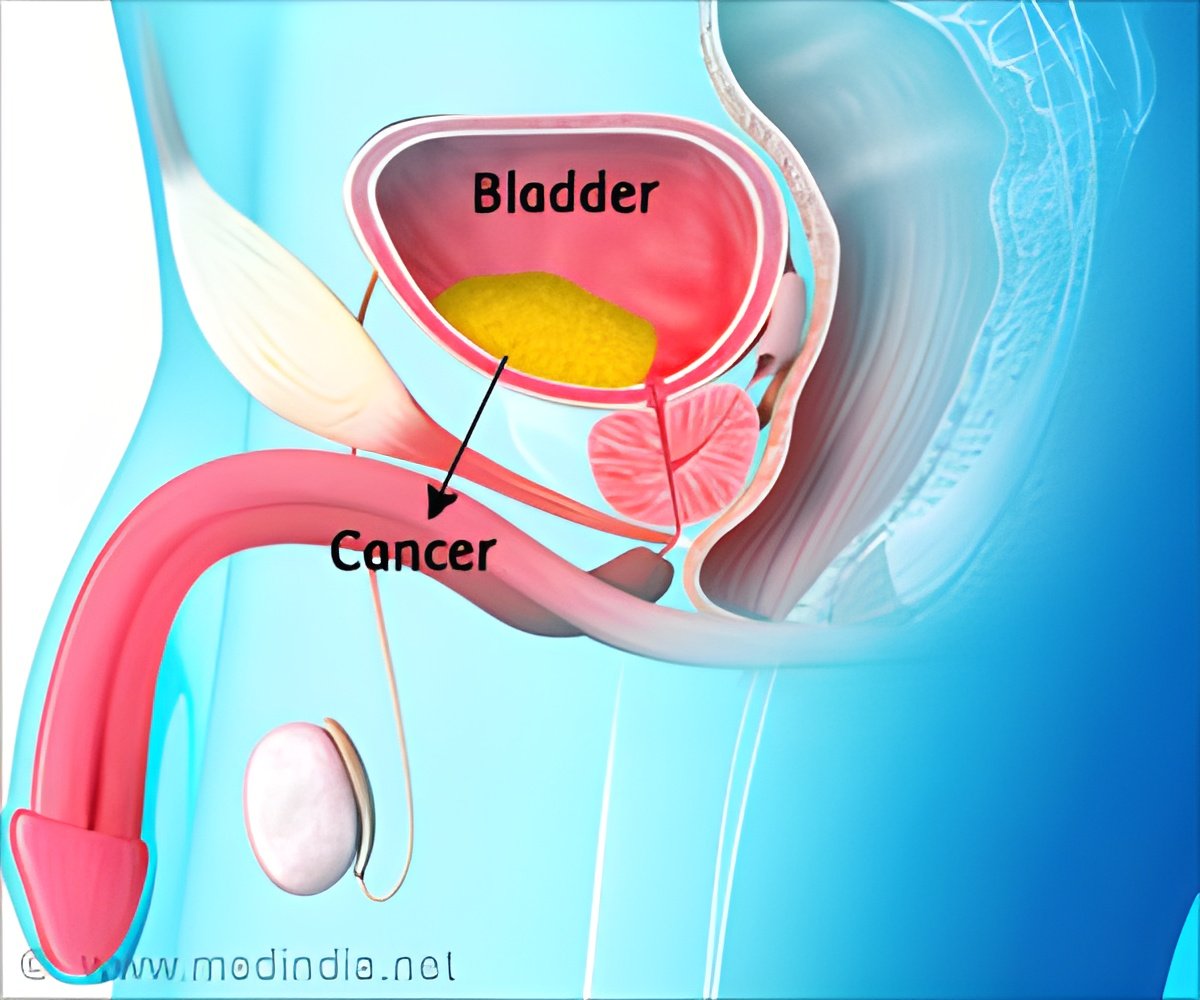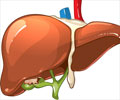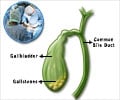Researchers are reporting that using an investigational drug for advanced bladder cancer patients who did not respond to other treatments has shown promising results.

The trial included 68 people with previously treated advanced bladder cancer, including 30 patients identified as PD-L1 positive. PD-L1 is a protein expressed by many tumor types that can render the cancer invulnerable to immune attack. The patients in the study were treated with MPDL3280A, a drug being developed by Genentech, a member of the Roche group.
At six weeks, the objective response rate (ORR) was 43%; at 12 weeks, the ORR was 52% in patients with PD-L1-positive tumors. A complete response — one showing no evidence of tumors — was seen in 7% of PD-L1 patients. In patients with PD-L1-negative tumors, the response rate was 11%.
The results in advanced bladder cancer patients "point to a new era in cancer treatment for a disease that has not seen a major advancement since the introduction of cisplatin-based combination therapy in the 1980s," said the study's senior author Daniel P. Petrylak, M.D., professor of medicine and urology at Yale Cancer Center and Yale School of Medicine. "We look forward to opening the phase II trial at Yale in June to confirm these findings."
Yale Cancer Center enrolled 12 of the 68 patients on the trial at Smilow Cancer Hospital at Yale-New Haven.
Advertisement














